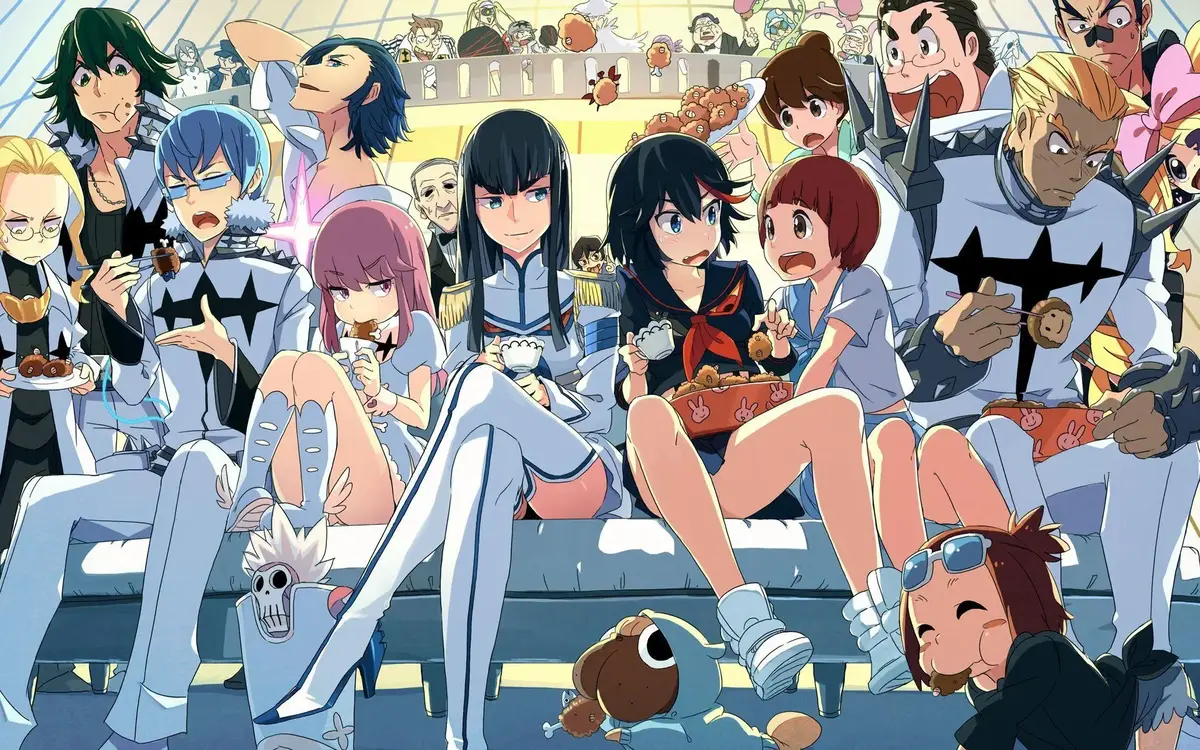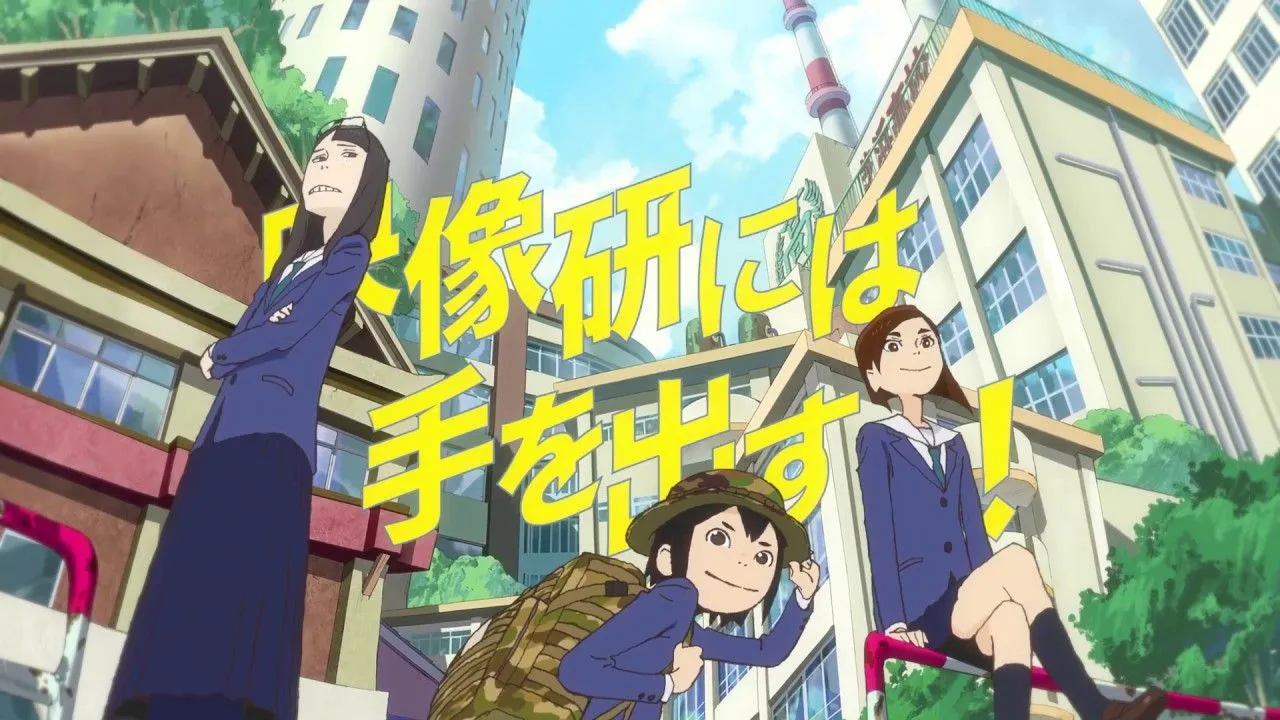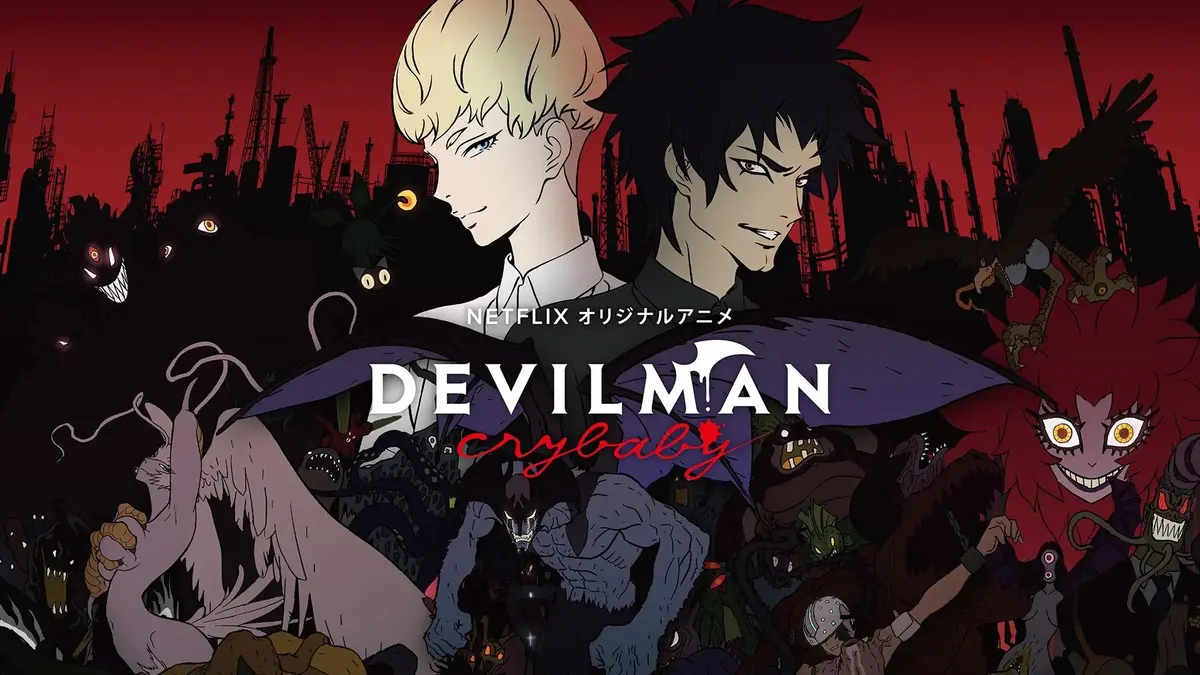The anime universe would be nothing without the studios that bring stories to life. Behind every visual masterpiece, every fluid movement or striking color palette, lies the collective work of a studio. These artistic and industrial entities are far more than production houses – they carry distinct signatures, worldviews, and strong identities.
Recognizable Studio Signatures
When viewers watch an anime bearing the Kyoto Animation or MAPPA name, they know what to expect. Each studio develops a unique style – from scene composition to emotional expression – creating near-tribal loyalty among fans.
Historical Foundations
The modern studio system traces its roots to Toei Animation, the founding giant of Japanese TV animation. From this emerged legendary studios like Madhouse, Studio Ghibli, and Sunrise, each shaping anime history.

Contrasting Artistic Visions
Studio Ghibli, founded by Hayao Miyazaki and Isao Takahata, remains the gold standard for auteur animation. Their signature combines refined traditional animation with humanist themes and meticulous attention to daily life.
In contrast, studios like Trigger built their reputation on visual exuberance – dynamic speed and stylistic distortions inherited from Gurren Lagann and continued in Kill la Kill or Promare.
The Human Element of Studios
Studios represent human stories too. Kyoto Animation is renowned for exemplary working conditions and emotional sensitivity, evident in works like Violet Evergarden.

Technical Innovation and Industry Impact
Ufotable pioneers hybrid techniques, as seen in Demon Slayer‘s seamless 3D combat sequences. Meanwhile, MAPPA represents modern industrial production with hits like Jujutsu Kaisen.
Original Creations and Global Reach
Some studios specialize in original works. P.A. Works created Shirobako, while Science SARU pushes boundaries with experimental styles in Devilman Crybaby.
More Than Production Houses
Anime studios are collective authors – worldbuilders who often become the true stars. As fans grow more studio-conscious, these creative powerhouses continue shaping anime’s evolving landscape.

The Powerhouses Behind Anime – How Studios Shape Visual Storytelling
Table of Contents
The anime universe would be nothing without the studios that bring stories to life. Behind every visual masterpiece, every fluid movement or striking color palette, lies the collective work of a studio. These artistic and industrial entities are far more than production houses – they carry distinct signatures, worldviews, and strong identities.
Recognizable Studio Signatures
When viewers watch an anime bearing the Kyoto Animation or MAPPA name, they know what to expect. Each studio develops a unique style – from scene composition to emotional expression – creating near-tribal loyalty among fans.
Historical Foundations
The modern studio system traces its roots to Toei Animation, the founding giant of Japanese TV animation. From this emerged legendary studios like Madhouse, Studio Ghibli, and Sunrise, each shaping anime history.
Contrasting Artistic Visions
Studio Ghibli, founded by Hayao Miyazaki and Isao Takahata, remains the gold standard for auteur animation. Their signature combines refined traditional animation with humanist themes and meticulous attention to daily life.
In contrast, studios like Trigger built their reputation on visual exuberance – dynamic speed and stylistic distortions inherited from Gurren Lagann and continued in Kill la Kill or Promare.
The Human Element of Studios
Studios represent human stories too. Kyoto Animation is renowned for exemplary working conditions and emotional sensitivity, evident in works like Violet Evergarden.
Technical Innovation and Industry Impact
Ufotable pioneers hybrid techniques, as seen in Demon Slayer‘s seamless 3D combat sequences. Meanwhile, MAPPA represents modern industrial production with hits like Jujutsu Kaisen.
Original Creations and Global Reach
Some studios specialize in original works. P.A. Works created Shirobako, while Science SARU pushes boundaries with experimental styles in Devilman Crybaby.
More Than Production Houses
Anime studios are collective authors – worldbuilders who often become the true stars. As fans grow more studio-conscious, these creative powerhouses continue shaping anime’s evolving landscape.